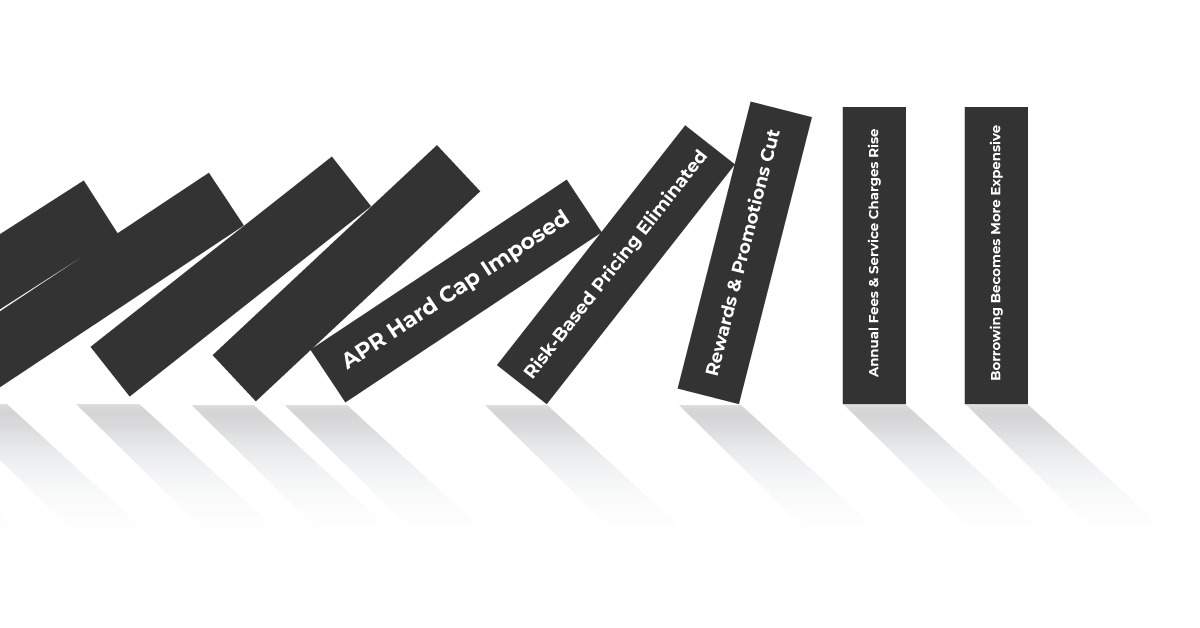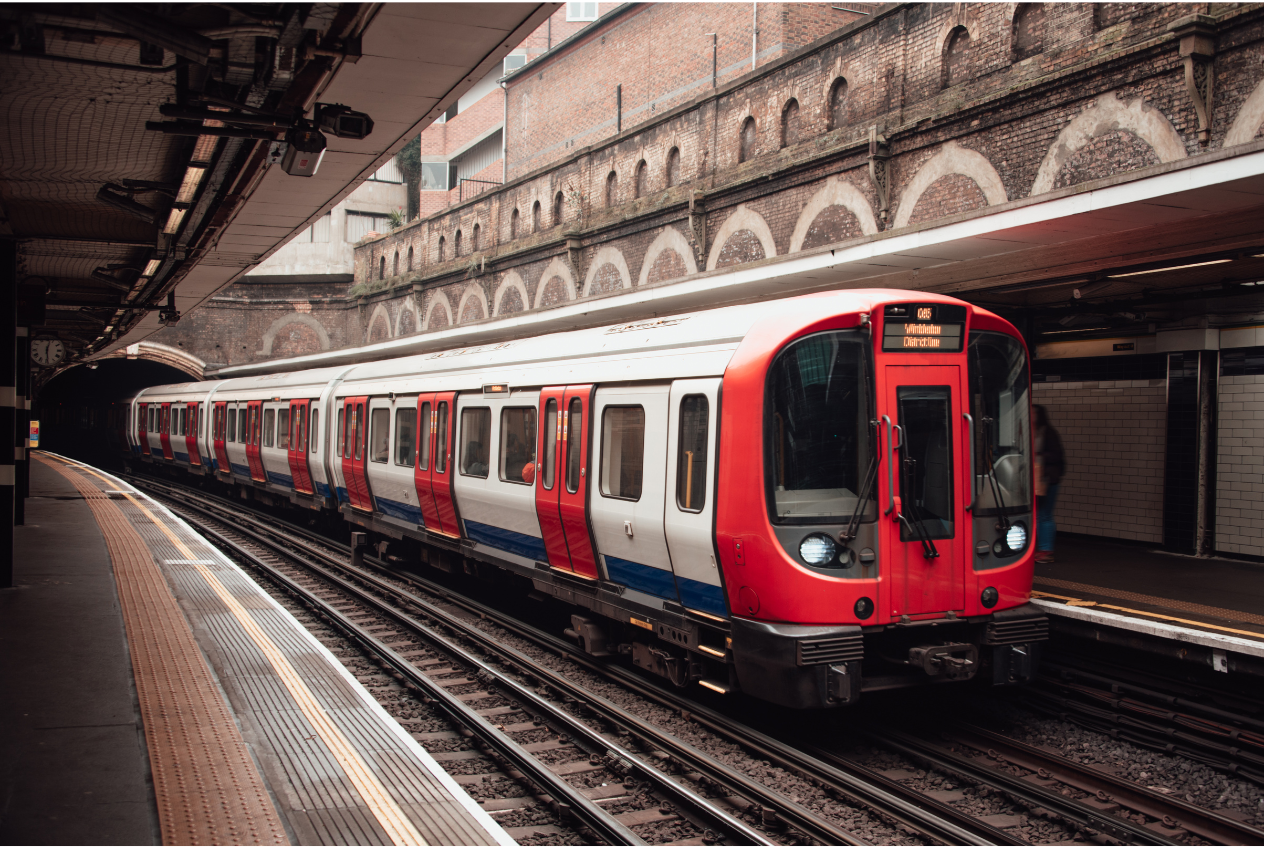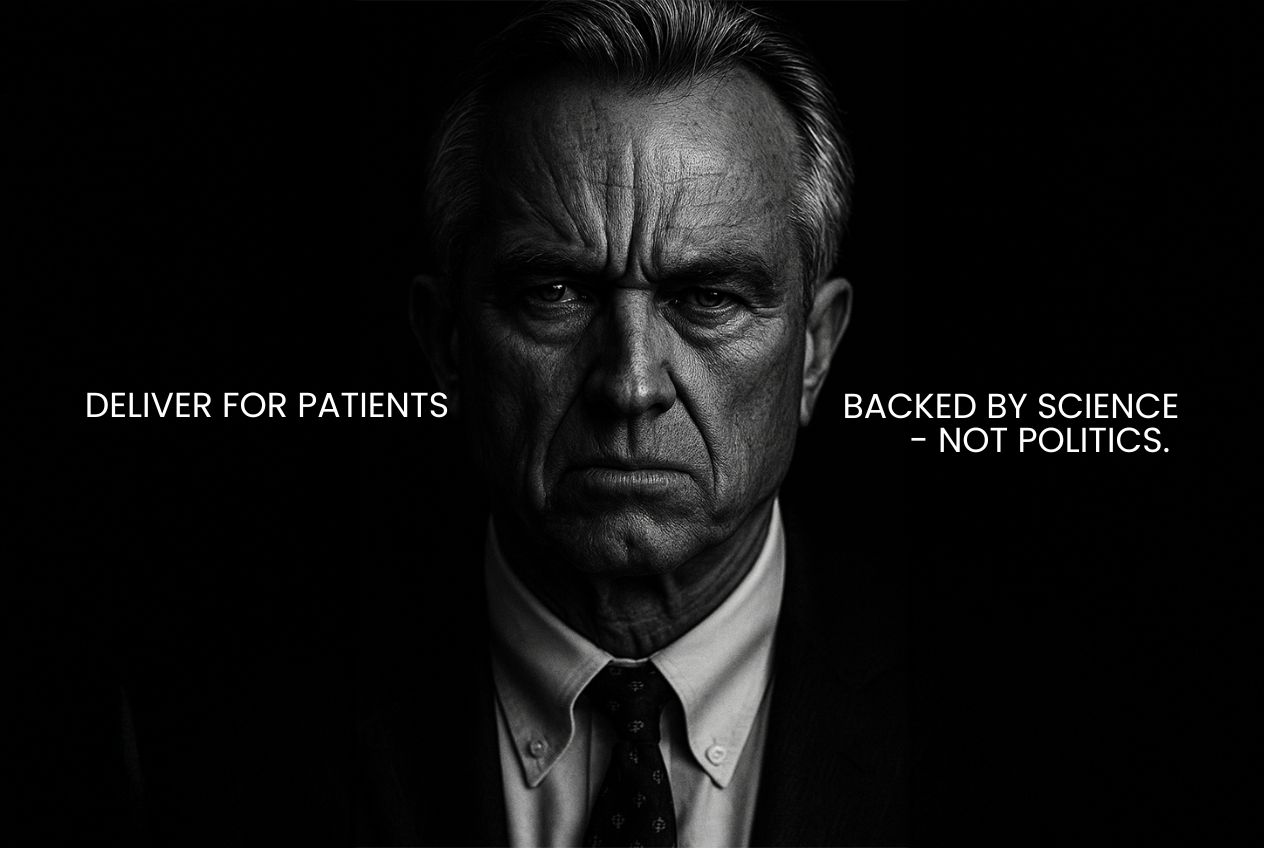
The Perilous Credit Squeeze Why Credit Card Interest Rate Caps Harm Consumers Introduction Table of Contents America’s credit markets are the envy of the world. Unlike many other countries in...

Introduction The gap between cities embracing the sharing economy and those imposing restrictive rules has never been greater. While national regulations are often stringent, the most significant barriers usually come...

Zurich is Europe’s undefeated rail champion! Introduction Challenging times reveal which stations can adapt and which continue to struggle. This year’s index highlights both resilience and decline across Europe’s busiest...

Introduction The 2024–2025 period was a landmark for aviation, with record passenger volumes at major hubs. Vienna hit 31.7 million, its highest since 1955. Heathrow (83.85M), Dallas-Fort Worth (87.8M), Barcelona...

Reform is welcome — chaos is not. Patients deserve swift, science-based access to lifesaving and life-enhancing innovations. We cannot afford to let political posturing stand in the way of patient...